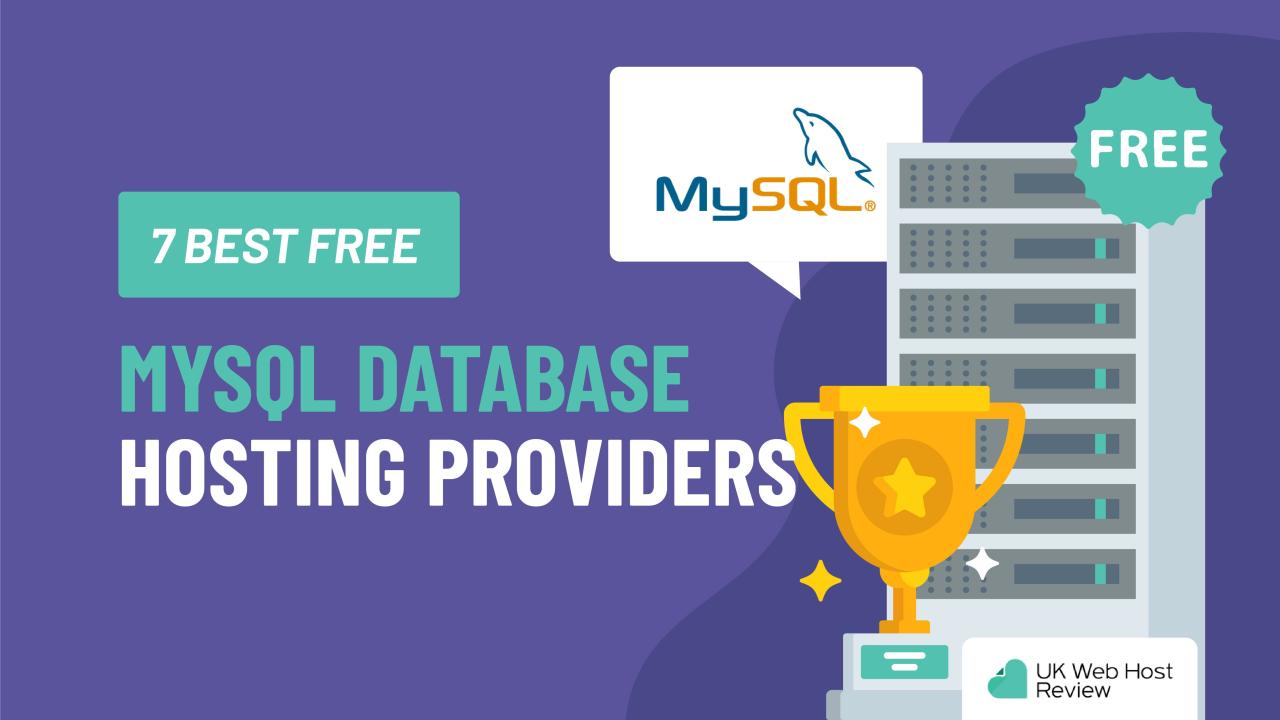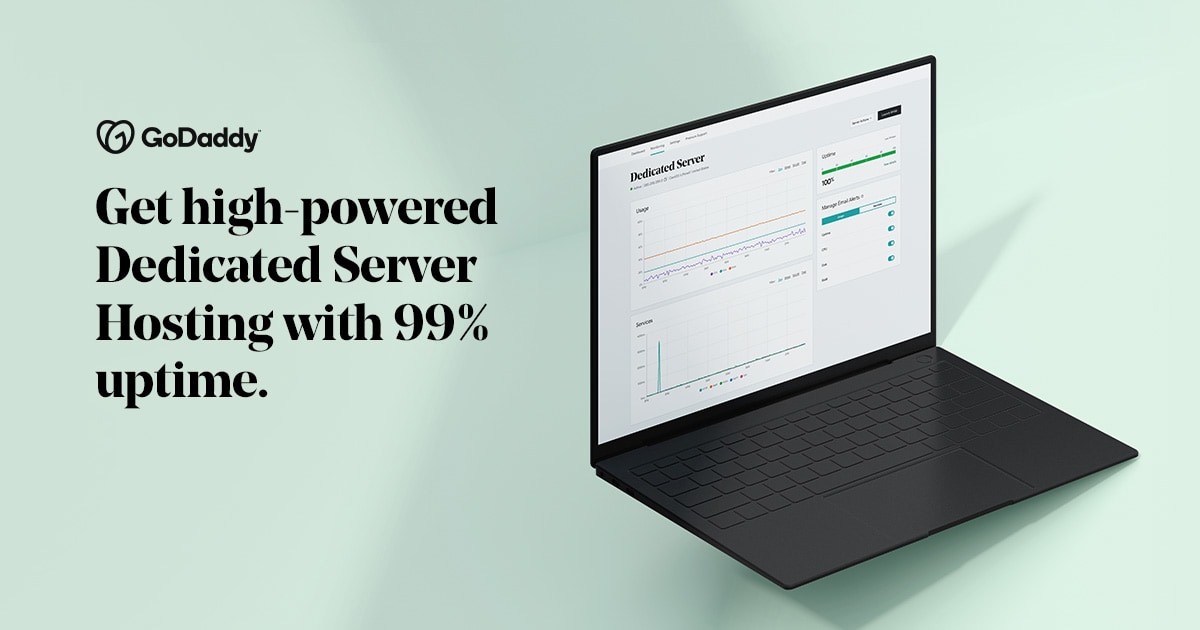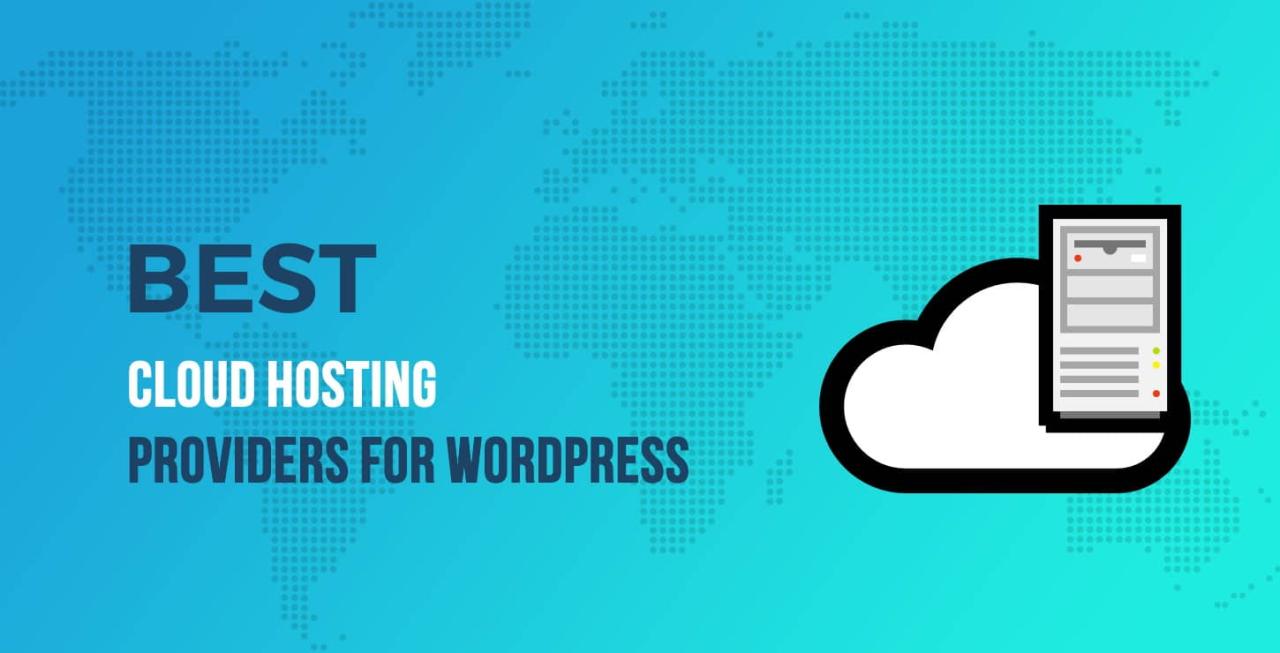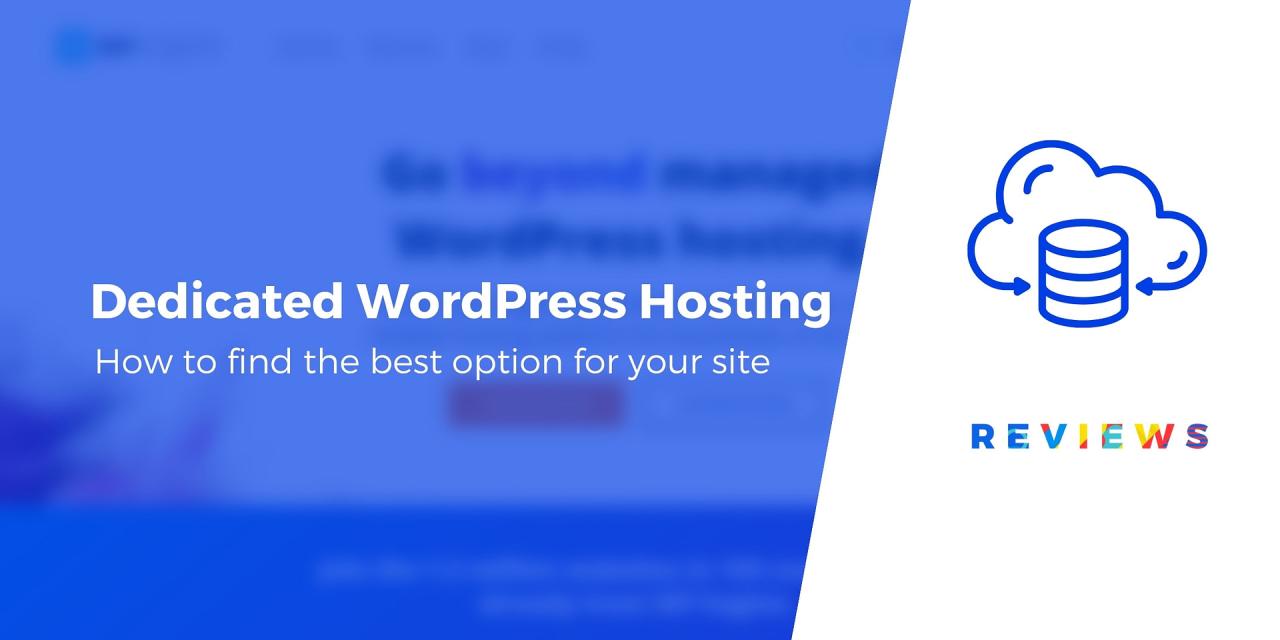Free database hosting has become a popular choice for individuals and small businesses seeking to manage data without the financial burden of paid services. It provides an accessible platform for storing and managing information, allowing users to build websites, create applications, and even host personal projects. However, understanding the nuances of free database hosting is crucial to making informed decisions and leveraging its benefits effectively.
This comprehensive guide delves into the world of free database hosting, covering its fundamental concepts, exploring popular providers, and providing practical advice for choosing, setting up, and managing a free database. Whether you’re a seasoned developer or a curious beginner, this guide will equip you with the knowledge to navigate the landscape of free database hosting and harness its potential.
What is Free Database Hosting?

Free database hosting is a service that allows users to store and manage databases without paying any upfront fees. It’s a valuable resource for individuals and small businesses who are just starting out and may not have the budget for a paid hosting plan.
Free database hosting is typically offered by cloud providers or database management systems (DBMS) as a way to attract new users and demonstrate their capabilities. It can be a great way to get started with database development or to test out different database technologies before committing to a paid plan.
Types of Free Database Hosting Services
Free database hosting services come in various forms, each with its own advantages and disadvantages. Here are some common types:
- Shared Hosting: This type of hosting allows multiple users to share the same physical server. It’s often the most affordable option, but it can also be less reliable and secure than other types of hosting.
- Cloud Hosting: Cloud hosting involves storing data on multiple servers that are connected to the internet. This type of hosting is generally more scalable and reliable than shared hosting, and it often comes with a free tier that allows users to access a limited amount of resources.
- Managed Database Services: Some cloud providers offer managed database services, which handle the setup, maintenance, and security of the database. These services are often more expensive than shared or cloud hosting, but they can provide a more hands-off experience.
Benefits of Free Database Hosting
Free database hosting offers several benefits, including:
- Cost-Effectiveness: The most obvious benefit of free database hosting is that it’s free! This can be a significant advantage for individuals and small businesses with limited budgets.
- Ease of Use: Many free database hosting services are designed to be user-friendly, making it easy to get started with database development.
- Flexibility: Free database hosting services often allow users to choose from a variety of database technologies, such as MySQL, PostgreSQL, and MongoDB.
- Scalability: Some free database hosting services offer a limited amount of resources, but they can often be scaled up as your needs grow.
Limitations of Free Database Hosting
While free database hosting offers many benefits, it also has some limitations:
- Limited Resources: Free database hosting services typically offer limited storage space, bandwidth, and processing power. This can be a problem if you have a large database or if your application requires a lot of resources.
- Performance Issues: Shared hosting can lead to performance issues, especially during peak hours. This can impact the speed and responsiveness of your application.
- Security Concerns: Free database hosting services may not be as secure as paid hosting plans. This is because they may not offer the same level of security features, such as firewalls and intrusion detection systems.
- Limited Support: Free database hosting services may offer limited technical support. This can be frustrating if you encounter problems with your database.
Free Database Hosting Providers
Choosing the right free database hosting provider can be challenging, as there are various options with varying features and limitations. This section will provide a comprehensive overview of popular free database hosting providers, their features, limitations, and pros and cons based on specific user needs.
Popular Free Database Hosting Providers
This section will compare some of the most popular free database hosting providers, including their key features and limitations.
- Amazon RDS Free Tier: Amazon RDS Free Tier offers a free tier for Amazon Relational Database Service (RDS), providing a cost-effective way to use a variety of database engines, including MySQL, PostgreSQL, SQL Server, and Oracle. The free tier allows for up to 750 hours of usage per month for a specific database instance size.
- Google Cloud SQL Free Tier: Google Cloud SQL Free Tier offers a free tier for Google Cloud’s managed database service. It provides a free tier for up to 100,000 operations per month for a specific database instance size. This free tier allows for a limited number of operations, making it suitable for small-scale projects or testing purposes.
- MongoDB Atlas Free Tier: MongoDB Atlas Free Tier offers a free tier for MongoDB’s fully managed database service. It provides a free tier for up to 512 MB of storage and 500 read/write operations per second. This free tier is suitable for small-scale applications or testing purposes, but it has limited resources.
- ElephantSQL: ElephantSQL is a PostgreSQL-based database hosting provider that offers a free tier with limited resources. It allows for a free tier with up to 20 MB of storage and 100 connections per second. This free tier is suitable for small-scale projects or testing purposes.
- Heroku Postgres: Heroku Postgres offers a free tier for PostgreSQL databases with limited resources. It allows for a free tier with up to 10 MB of storage and 10 connections per second. This free tier is suitable for small-scale projects or testing purposes.
Comparison of Features and Limitations
This section will compare the features and limitations of the free database hosting providers mentioned above.
| Provider | Database Engines | Storage | Connections | Operations | Other Features |
|---|---|---|---|---|---|
| Amazon RDS Free Tier | MySQL, PostgreSQL, SQL Server, Oracle | Limited | Limited | Limited (750 hours/month) | Scalability, Backup and Recovery, Monitoring |
| Google Cloud SQL Free Tier | MySQL, PostgreSQL | Limited | Limited | Limited (100,000 operations/month) | Scalability, Backup and Recovery, Monitoring |
| MongoDB Atlas Free Tier | MongoDB | Limited (512 MB) | Limited | Limited (500 read/write operations/second) | Scalability, Backup and Recovery, Monitoring |
| ElephantSQL | PostgreSQL | Limited (20 MB) | Limited (100 connections/second) | Not specified | Backup and Recovery |
| Heroku Postgres | PostgreSQL | Limited (10 MB) | Limited (10 connections/second) | Not specified | Deployment, Monitoring |
Pros and Cons of Each Provider
This section will discuss the pros and cons of each free database hosting provider based on specific user needs.
Amazon RDS Free Tier
- Pros:
- Offers a wide range of database engines.
- Provides scalability and high availability.
- Includes backup and recovery features.
- Offers monitoring and management tools.
- Cons:
- Limited storage and connections.
- Limited usage time (750 hours/month).
- Requires knowledge of AWS services.
Google Cloud SQL Free Tier
- Pros:
- Offers MySQL and PostgreSQL databases.
- Provides scalability and high availability.
- Includes backup and recovery features.
- Offers monitoring and management tools.
- Cons:
- Limited storage and connections.
- Limited number of operations (100,000 operations/month).
- Requires knowledge of Google Cloud services.
MongoDB Atlas Free Tier
- Pros:
- Offers a fully managed MongoDB database service.
- Provides scalability and high availability.
- Includes backup and recovery features.
- Offers monitoring and management tools.
- Cons:
- Limited storage (512 MB).
- Limited read/write operations (500 operations/second).
- Requires knowledge of MongoDB.
ElephantSQL
- Pros:
- Offers a simple and straightforward PostgreSQL database service.
- Provides backup and recovery features.
- Cons:
- Limited storage (20 MB).
- Limited connections (100 connections/second).
- Limited features compared to other providers.
Heroku Postgres
- Pros:
- Offers a simple and easy-to-use PostgreSQL database service.
- Provides deployment and monitoring tools.
- Cons:
- Limited storage (10 MB).
- Limited connections (10 connections/second).
- Limited features compared to other providers.
Choosing the Right Free Database Hosting
Choosing the right free database hosting provider can be a daunting task, especially when you’re working with limited resources. It’s crucial to carefully consider your specific needs and evaluate different options to find the best fit for your project.
Factors to Consider When Choosing a Free Database Hosting Provider
- Database Type: Free hosting providers typically offer support for popular database management systems (DBMS) like MySQL, PostgreSQL, and SQLite. Ensure the provider supports the database type your project requires.
- Storage Space and Bandwidth: Free plans often come with limited storage space and bandwidth. Carefully assess your project’s storage and data transfer needs to avoid exceeding the limits.
- Performance and Reliability: Performance and reliability are crucial for any database hosting solution. Look for providers with a proven track record of uptime and fast response times.
- Security: Data security is paramount. Choose a provider that offers robust security measures, such as data encryption and regular backups.
- Customer Support: Free hosting providers may have limited customer support options. Assess the availability and responsiveness of support channels to ensure you can get help when needed.
Evaluating Free Database Hosting Providers
- Features: Compare the features offered by different providers. Consider factors like database types, storage space, bandwidth, security features, and customer support.
- Performance: Check the provider’s uptime history and server response times. Look for reviews and testimonials from other users to gauge their experience with performance.
- Reliability: Evaluate the provider’s track record of reliability. Consider factors like data backup policies and disaster recovery plans.
Comparison Table of Key Features
| Provider | Database Types | Storage Space | Bandwidth | Security | Customer Support |
|---|---|---|---|---|---|
| Provider A | MySQL, PostgreSQL | 100 MB | 1 GB | Data encryption, backups | Email support |
| Provider B | MySQL, SQLite | 50 MB | 500 MB | Data encryption | Community forum |
| Provider C | MySQL, PostgreSQL, SQLite | 250 MB | 2 GB | Data encryption, backups | Live chat, email support |
Setting Up a Free Database
Setting up a free database is a straightforward process that involves a few steps, allowing you to store and manage data for your website or application without incurring significant costs. Free database hosting providers offer various features and functionalities, making it essential to choose one that aligns with your specific needs.
Creating a Database, Tables, and Users
Creating a database, tables, and users is essential for organizing and managing data within your database. This section Artikels the steps involved in setting up these components.
- Log in to your free database hosting account: Access the control panel or dashboard provided by your hosting provider. This usually involves logging in with your username and password.
- Create a new database: Navigate to the database management section and click on the “Create Database” button. You will typically need to provide a name for your database. This name should be descriptive and relevant to the data you plan to store.
- Create tables: Within your newly created database, create tables to organize your data into specific categories. Each table represents a different set of data, such as “users,” “products,” or “orders.” When creating a table, you need to define the columns or fields that will hold the data. Each column represents a specific attribute or piece of information, such as “username,” “email,” or “product_name.”
- Create users: Database users are accounts that have specific privileges to access and manipulate data within your database. You can create multiple users with different levels of access, ensuring data security and integrity. When creating a user, you will typically provide a username, password, and assign permissions to specific databases or tables.
Connecting to the Database
Connecting to your database allows you to interact with the data stored within it. This involves using programming languages or tools that support database connectivity.
- Using a database client: Database clients are specialized software applications designed to connect to and manage databases. Popular options include:
- Dbeaver: A cross-platform database client that supports a wide range of databases, including MySQL, PostgreSQL, and SQLite.
- DataGrip: A database client from JetBrains, known for its user-friendly interface and advanced features.
- SQL Developer: A database client developed by Oracle, specifically for managing Oracle databases.
To connect to your database using a client, you will typically need to provide the database server address, database name, username, and password.
- Using programming languages: Various programming languages provide libraries or modules that allow you to connect to and interact with databases. Some popular examples include:
- PHP: A widely used server-side scripting language with built-in support for connecting to MySQL and other databases.
- Python: A versatile programming language with libraries like “psycopg2” for PostgreSQL and “mysql-connector-python” for MySQL.
- Java: A robust programming language with JDBC (Java Database Connectivity) for connecting to various databases.
Connecting to a database using a programming language typically involves establishing a connection, executing queries, and handling results.
Alternatives to Free Database Hosting
While free database hosting can be a great starting point, it may not always be the best option in the long run. Paid database hosting services offer a wider range of features and benefits that can be crucial for growing businesses and complex applications.
Let’s explore the advantages and disadvantages of both free and paid database hosting options to help you determine the best fit for your needs.
Comparison of Free and Paid Database Hosting, Free database hosting
Free and paid database hosting services differ significantly in terms of features, performance, reliability, and support. Here’s a breakdown of the key differences:
- Features: Free database hosting services often have limited features, such as smaller storage space, fewer database connections, and restricted access to advanced features. Paid services offer a broader range of features, including larger storage capacity, more database connections, and advanced tools for managing and optimizing databases.
- Performance: Free database hosting services can experience performance issues due to shared resources and limited infrastructure. Paid services typically provide dedicated resources and optimized infrastructure, resulting in faster query processing and improved overall performance.
- Reliability: Free database hosting services may be less reliable, as they are often subject to downtime and potential data loss due to shared resources and limited support. Paid services prioritize reliability with redundant infrastructure, regular backups, and dedicated support teams.
- Support: Free database hosting services typically offer limited support, often through community forums or FAQs. Paid services provide comprehensive support, including dedicated customer service representatives, detailed documentation, and access to technical experts.
When to Upgrade to Paid Database Hosting
While free database hosting can be a good starting point, there are several scenarios where upgrading to paid database hosting is advisable:
- Increased Data Volume: If your application requires storing and processing large amounts of data, free database hosting services may not be sufficient. Paid services offer more storage space and better performance for handling large data volumes.
- Higher Traffic and User Base: As your user base grows and traffic to your application increases, free database hosting services can become overwhelmed. Paid services provide dedicated resources and optimized infrastructure to handle higher traffic and user loads.
- Security Concerns: Free database hosting services may not offer robust security features to protect your data. Paid services typically provide enhanced security measures, including data encryption, access controls, and regular security audits.
- Advanced Features: If your application requires advanced features like database replication, high availability, or custom configuration options, paid database hosting services are a better choice.
- Reliability and Support: For critical applications where reliability and support are essential, paid database hosting services offer a more secure and dependable solution.
Closing Summary
The realm of free database hosting offers a valuable gateway for individuals and organizations seeking to explore data management without substantial financial commitments. While limitations exist, carefully selecting a provider, understanding its features, and implementing best practices can maximize the potential of free database hosting. By embracing this approach, users can effectively manage their data, develop applications, and bring their ideas to life without the financial constraints often associated with paid solutions.




